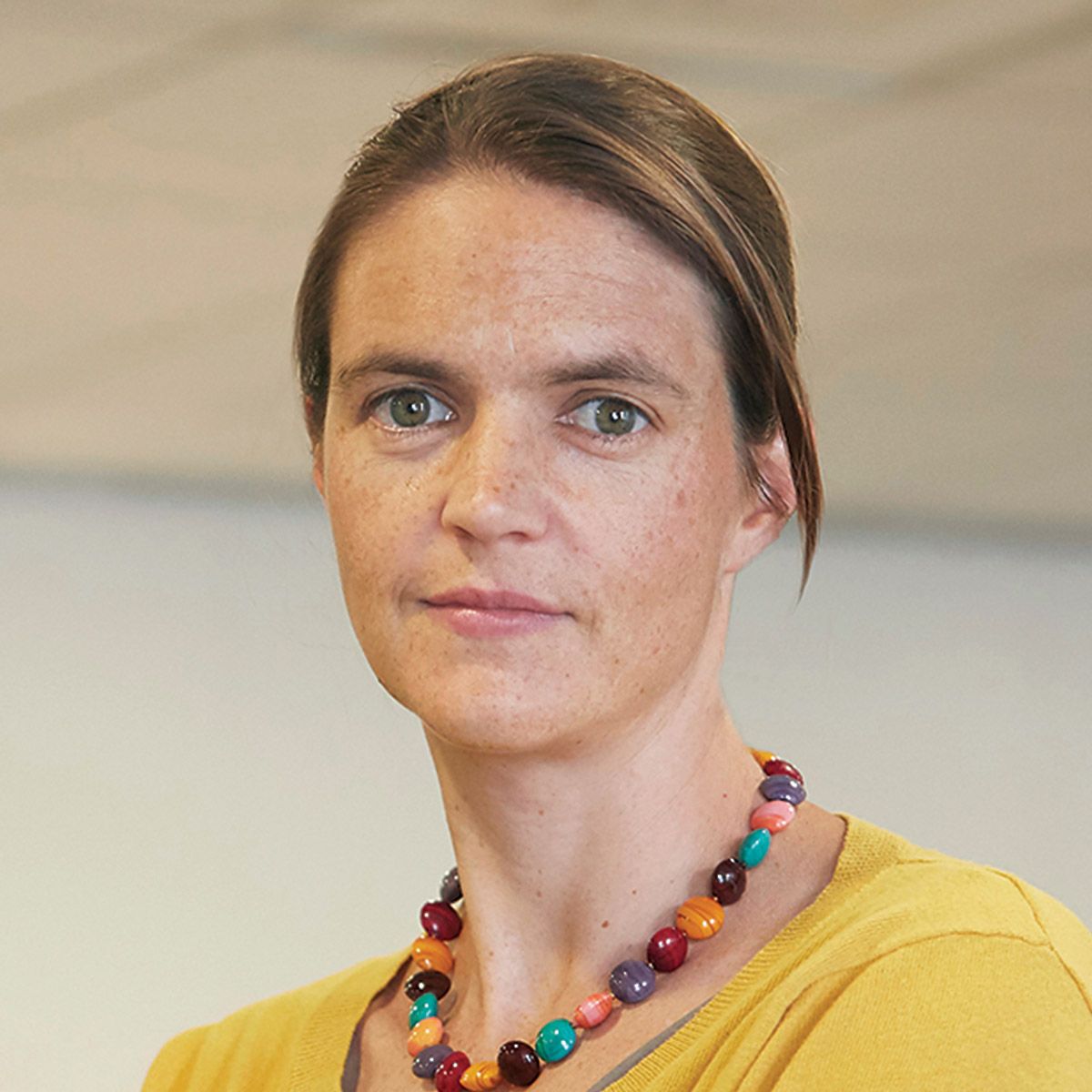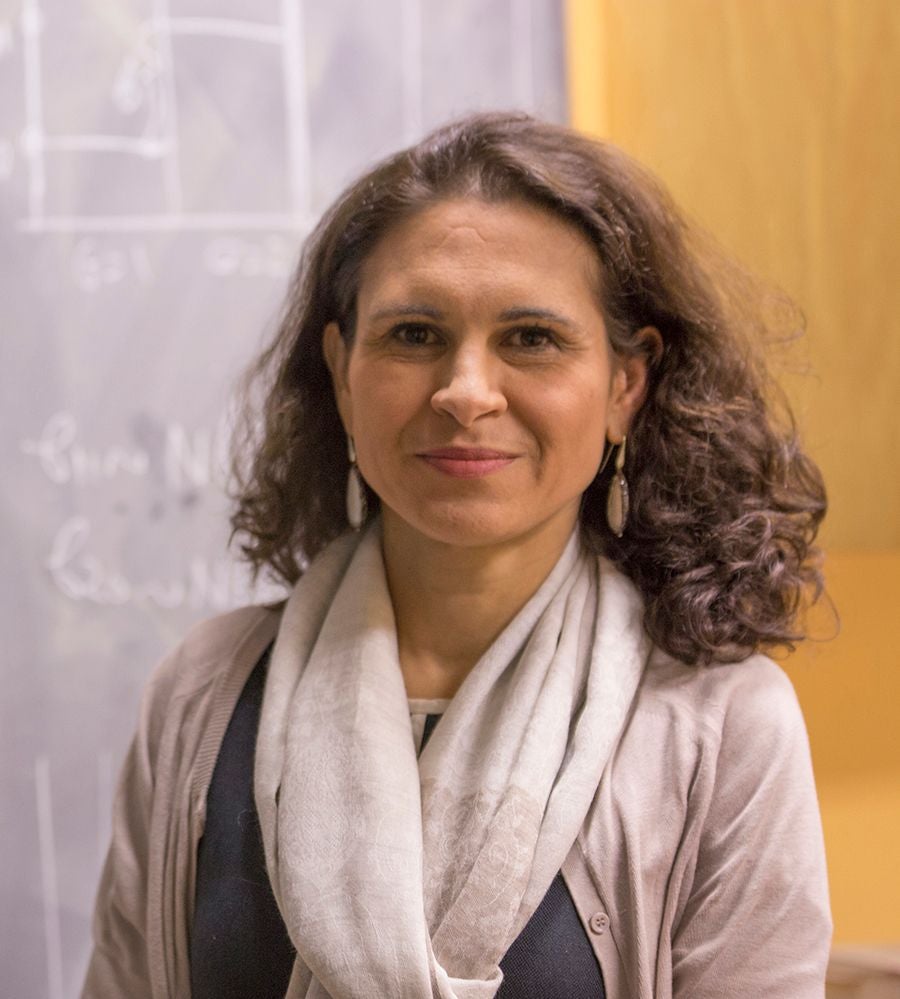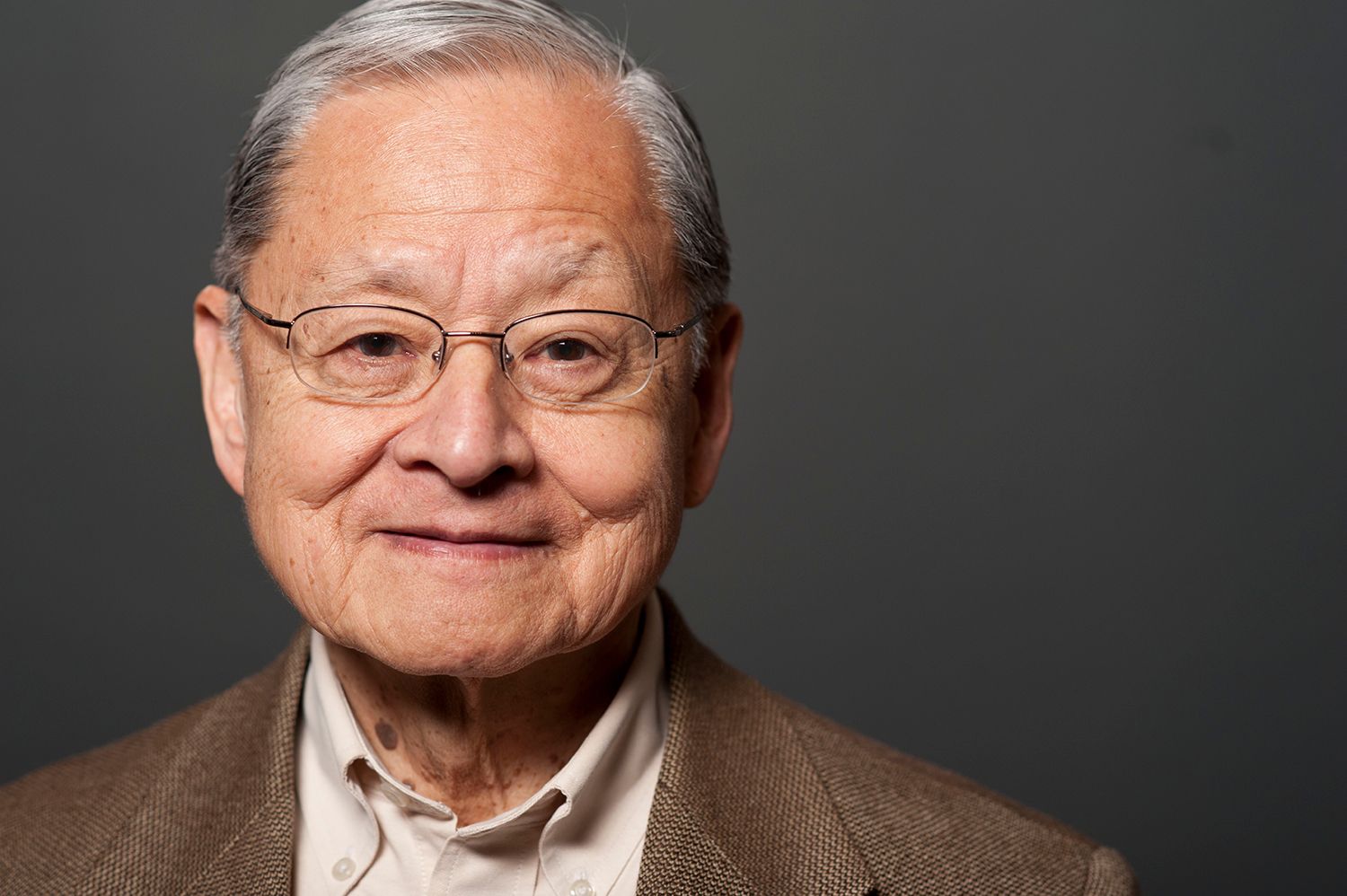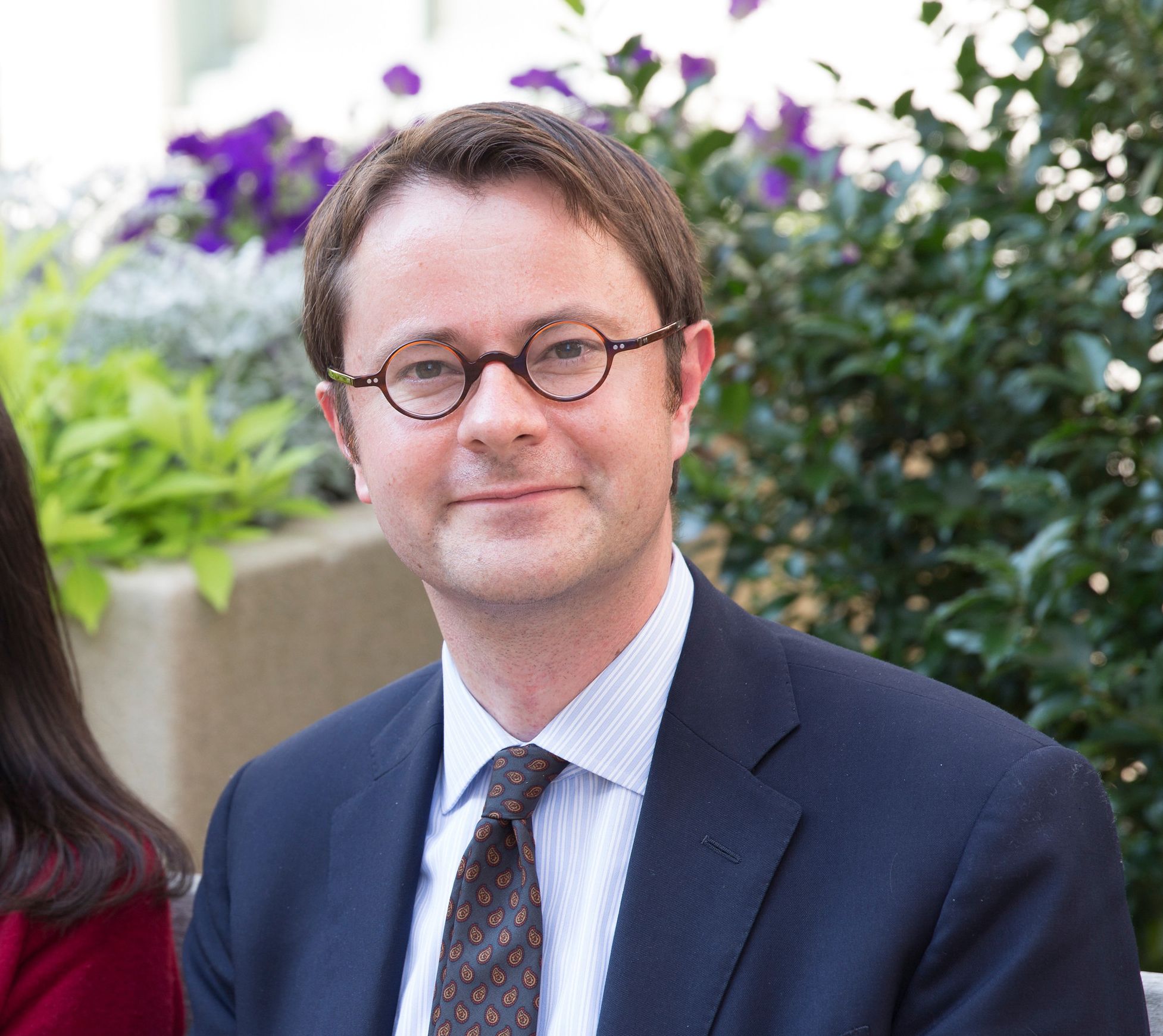Awards and Honors
Caroline Buckee, associate professor of epidemiology and associate director of the Center for Communicable Disease Dynamics, was named as one of the “15 Women Healthcare Leaders You Should Get to Know in 2020” by the news site Sociable in June.
Francesca Dominici, Clarence James Gamble Professor of Biostatistics, Population, and Data Science and co-director of the Harvard Data Science Initiative, was selected in June as a winner of the 2020 Star-Friedman Challenge for Promising Scientific Research for “Air Pollution, Race, and Health Outcomes for COVID-19 in the United States: Data Access, Methods, and Dissemination.”
William Hsiao, K.T. Li Professor of Economics, Emeritus, in the Departments of Health Policy and Management and Global Health and Population, received the 2020 William B. Graham Prize for Health Services Research from the Baxter International Foundation and the Association of University Programs in Health Administration in June. The prize recognizes the most outstanding research that has a lasting impact on the health care system and health care delivery.
Xiaole Shirley Liu, professor of biostatistics, received the 2020 Benjamin Franklin Award for Open Access in the Life Sciences by members of Bioinformatics.org. She will give her laureate presentation virtually in October at the 2020 Bio-IT World Conference & Expo.
Deirdre Tobias, assistant professor in the  Department of Nutrition, received the Harvard Medical School 2020 Dean’s Community Service Award in May. Tobias received this award on behalf of a nonprofit community farm that she helps run called Norwell Farms, on Massachusetts’ South Shore. Her team teaches the community about sustainably grown local agriculture and promotes access to healthy food for all.
Department of Nutrition, received the Harvard Medical School 2020 Dean’s Community Service Award in May. Tobias received this award on behalf of a nonprofit community farm that she helps run called Norwell Farms, on Massachusetts’ South Shore. Her team teaches the community about sustainably grown local agriculture and promotes access to healthy food for all.
Tyler J. VanderWeele, John L. Loeb and Frances Lehman Loeb Professor of Epidemiology, received an honorary doctor of humane letters degree from the Catholic University of America during a May 16 virtual ceremony. VanderWeele was cited for his “ongoing efforts to serve vulnerable populations and develop a fuller understanding of the factors that contribute to human flourishing.”
Endowed Professorship Appointments Announced
Three Harvard Chan School faculty members were recently named to endowed professorships, which were made possible through significant philanthropic gifts.
 Wendy Garrett, professor of immunology and infectious diseases, was appointed Irene Heinz Given Professor of Immunology and Infectious Diseases, effective July 1. Her Professorship was established in 1964 through a gift from the Given Foundation.
Wendy Garrett, professor of immunology and infectious diseases, was appointed Irene Heinz Given Professor of Immunology and Infectious Diseases, effective July 1. Her Professorship was established in 1964 through a gift from the Given Foundation.
Jane Kim, dean for  academic affairs and professor of health decision science, was appointed K.T. Li Professor of Health Economics, effective September 1. Her Professorship was established in 1993 through a gift from the Harvard Club of the Republic of China.
academic affairs and professor of health decision science, was appointed K.T. Li Professor of Health Economics, effective September 1. Her Professorship was established in 1993 through a gift from the Harvard Club of the Republic of China.
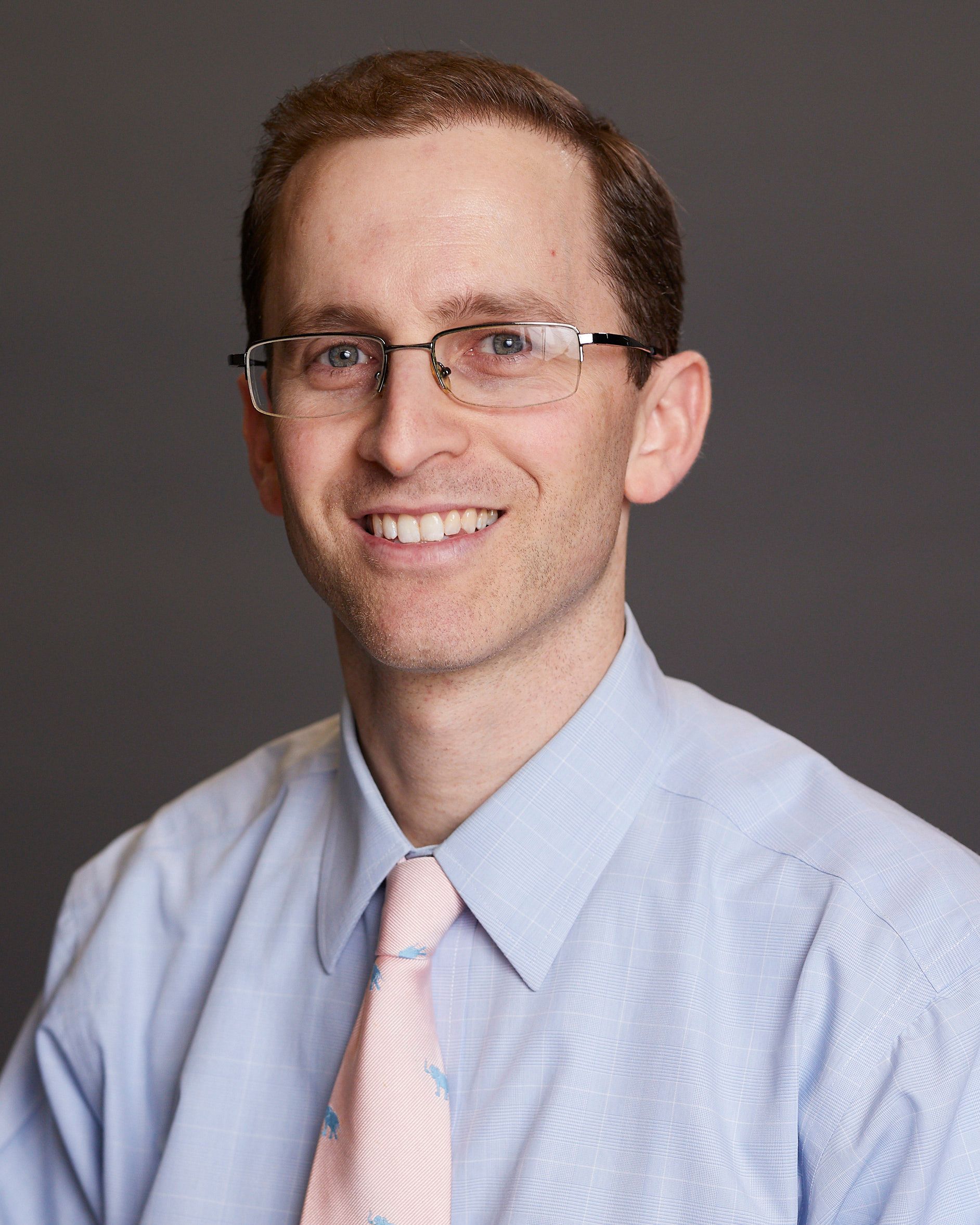 Benjamin Sommers, professor of health policy and economics, was named the Huntley Quelch Professor of Health Care Economics, effective July 1. His Professorship was established through a 2015 gift from Joyce Huntley Quelch and John Quelch, SM ’78, formerly a professor at both Harvard Chan School and Harvard Business School.
Benjamin Sommers, professor of health policy and economics, was named the Huntley Quelch Professor of Health Care Economics, effective July 1. His Professorship was established through a 2015 gift from Joyce Huntley Quelch and John Quelch, SM ’78, formerly a professor at both Harvard Chan School and Harvard Business School.
Appointments and Promotions
Rui Duan, assistant professor of biostatistics
Sebastien Haneuse, professor of biostatistics
Quan Lu, professor of environmental genetics
and physiology
Heather Mattie, lecturer on biostatistics
Ankur Pandya, associate professor of
health decision science
Bookshelf
HEALTHY BUILDINGS: HOW INDOOR SPACES DRIVE PERFORMANCE AND PRODUCTIVITY
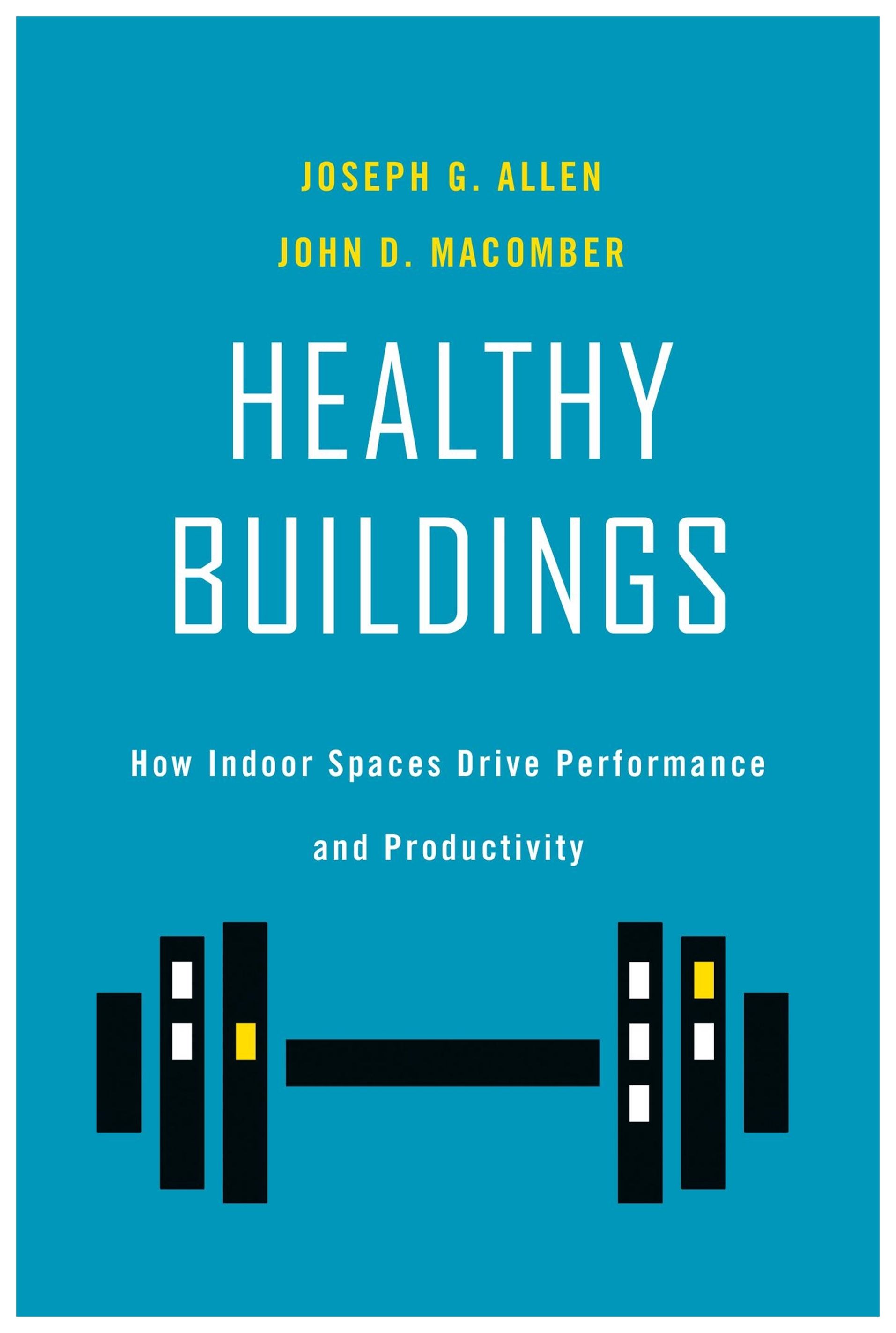 Joseph G. Allen and John D. Macomber
Joseph G. Allen and John D. Macomber
Harvard University Press, 2020
304 pages
Cutting through the jargon to explain complex processes in simple and compelling language, the authors show how buildings can both expose people to disease and protect them from it. They reveal the nine foundations of a healthy building, share insider tips, and show how tracking health performance indicators with smart technology can boost a company’s performance and create economic value. With decades of practice in protecting worker health, they offer a clear way forward and show what comes next in a post–COVID-19 world.
PLANETARY HEALTH: PROTECTING NATURE TO PROTECT OURSELVES
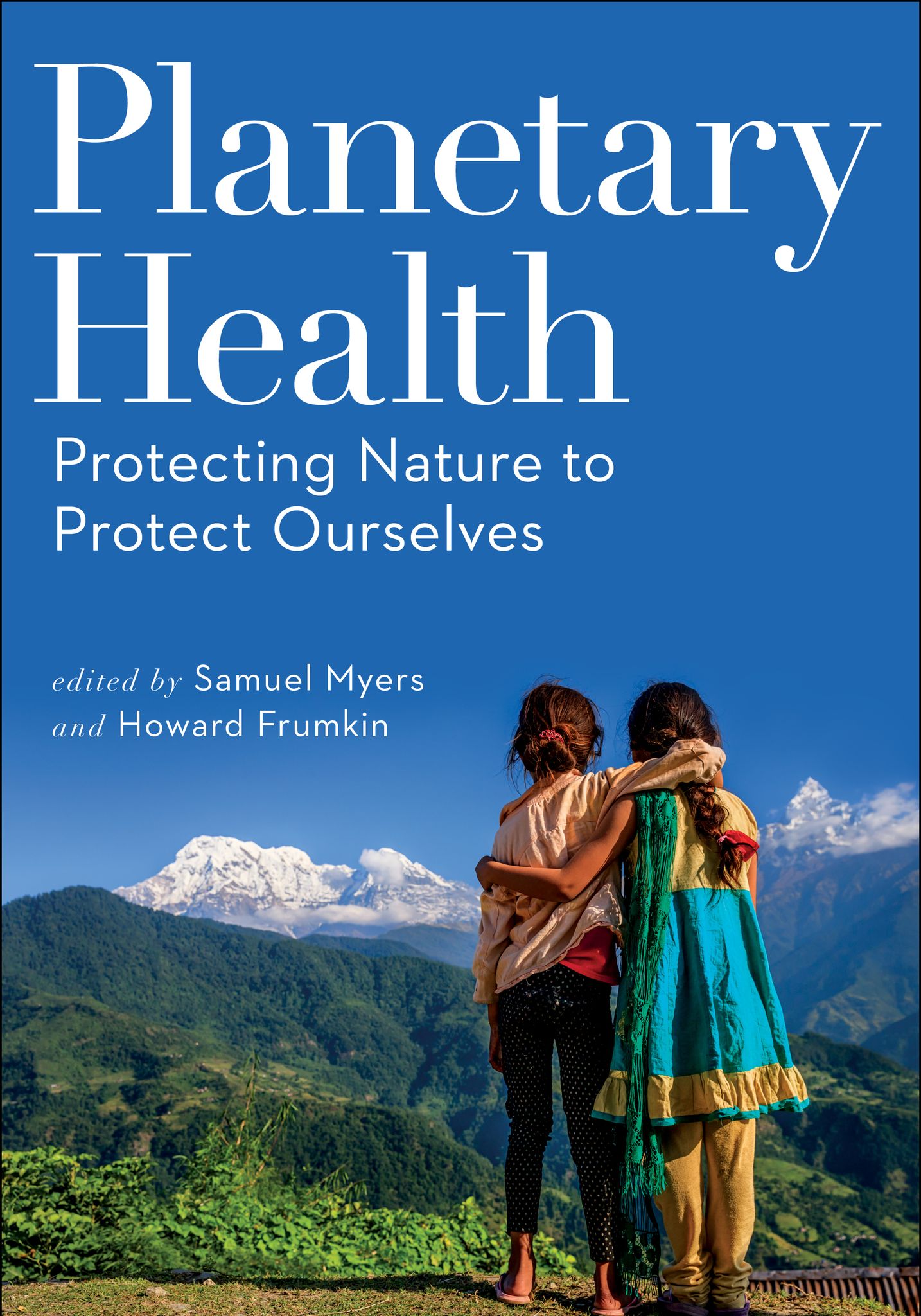 Co-edited by Samuel Myers and Howard Frumkin
Co-edited by Samuel Myers and Howard Frumkin
Island Press, 2020
536 pages
Human health depends on the health of the planet. Earth’s natural systems—the air, the water, biodiversity, climate—are our life support systems. Yet climate change, biodiversity loss, scarcity of land and fresh water, pollution, and other threats are degrading these systems. The emerging field of planetary health aims to understand how these changes threaten our health and how to protect ourselves and the rest of the This book provides a readable introduction to this new paradigm.
TREATING SURVIVORS OF CHILDHOOD ABUSE AND INTERPERSONAL TRAUMA, SECOND EDITION: STAIR NARRATIVE THERAPY
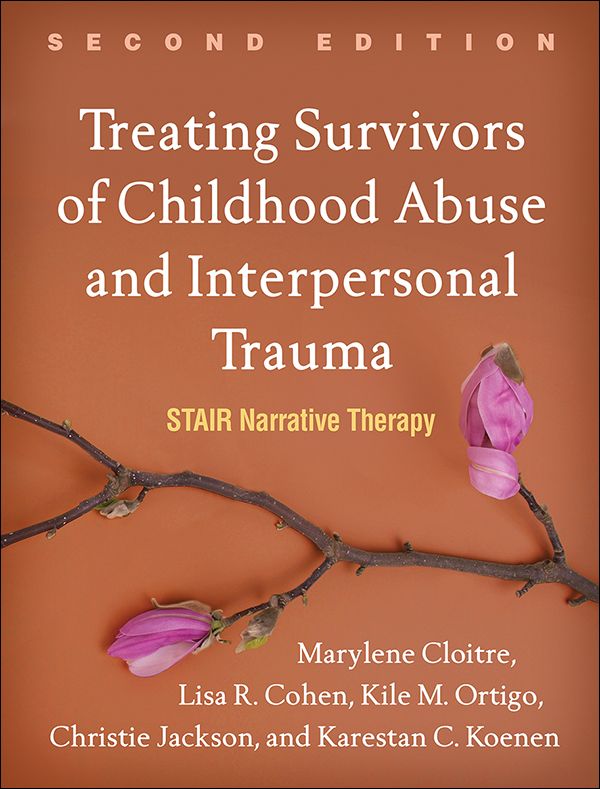 Marylene Cloitre, Lisa R. Cohen, Kile M. Ortigo, Christie Jackson, and Karestan C. Koenen
Marylene Cloitre, Lisa R. Cohen, Kile M. Ortigo, Christie Jackson, and Karestan C. Koenen
The Guilford Press, 2020
456 pages
Revised and expanded with new content reflecting important clinical refinements, this manual presents a widely used evidence-based therapy approach for adult survivors of chronic trauma. Skills Training in Affective and Interpersonal Regulation (STAIR) Narrative Therapy helps clients build crucial social and emotional resources for living in the present and break the hold of traumatic memories. Clinician-friendly, the book provides everything needed to implement STAIR therapy.biosphere.
Photos: Kent Dayton / Harvard Chan, © Tony Rinaldo Photography, Carly Gillis Photography, Sarah Sholes / Harvard Chan, Courtesy of Xiaole Shirley Liu, Courtesy of Jane Kim




